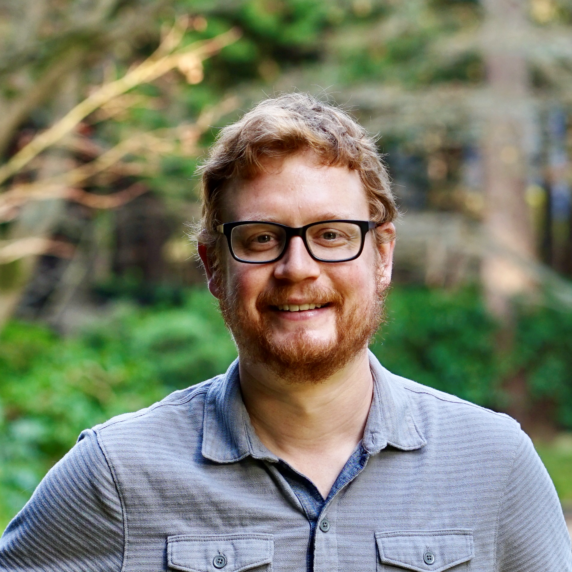2021
Ben Matthews
Zoologist studies mosquitos’ adaptive abilities in smell and taste

2021
Zoologist studies mosquitos’ adaptive abilities in smell and taste

Ben Matthews is interested in how female mosquitos choose where to lay her eggs.
An assistant professor in the Dept. of Zoology at The University of British Columbia, Dr. Matthews knows that such findings could have a significant impact on human health.
“We study how mosquitoes smell and taste,” he says. “We want to know how they interact with odors and tastings in their environment, so that they can determine what is going to be a good meal. And that could be blood from a human, or it could be nectar from a flower depending on the where the mosquito is in their lifecycle. And the behavior that we’re most focused on these days is actually egg laying. So how an adult female mosquito chooses where to lay an egg.”
In recognition of his work on the ability of mosquitos and other insects to perform adaptive behaviours, including selecting suitable egg-laying sites, Dr. Matthews has been awarded the 2021 Sloan Fellowship.
Knowing how female mosquitos decide where to lay eggs might not sound overly important, he says, “but because the larvae and pupa, the developmental stages of the mosquito, are aquatic, it means that wherever the eggs are laid, that’s where the offspring are going to live. They can’t move in the same way that a terrestrial animal would. And so mom’s decision about where to lay that egg is extremely important because she has to choose a body of water that is not too salty, that has food and doesn’t have predators in it. And to do that she’s using her sense of smell and taste.”
Matthews’ lab is studying how mosquitos do this at the genetic level; what types of genes and proteins female mosquitos use to perceive chemical cues in the environment – and how the brain processes those cues.
“So if they get conflicting sensory cues, how does the animal make sense of that in order to make the most beneficial decision for them and their offspring?”
The answers impact human health because mosquitoes are deadly vectors of the arboviral pathogens that cause Dengue fever, yellow fever, Zika and Chikungunya.
“We have to understand an animal before we can devise ways to control that animal,”
The research could lead to better traps or repellents, for example. “We absolutely look towards applications but it’s still primarily basic science.”
Dr. Matthews says the Sloan Fellowship is special because it provides unrestricted funding, allowing researchers to pursue “experiments that may be a little riskier.
“We can try a crazy idea or two and see where it goes. It’s extremely freeing.”